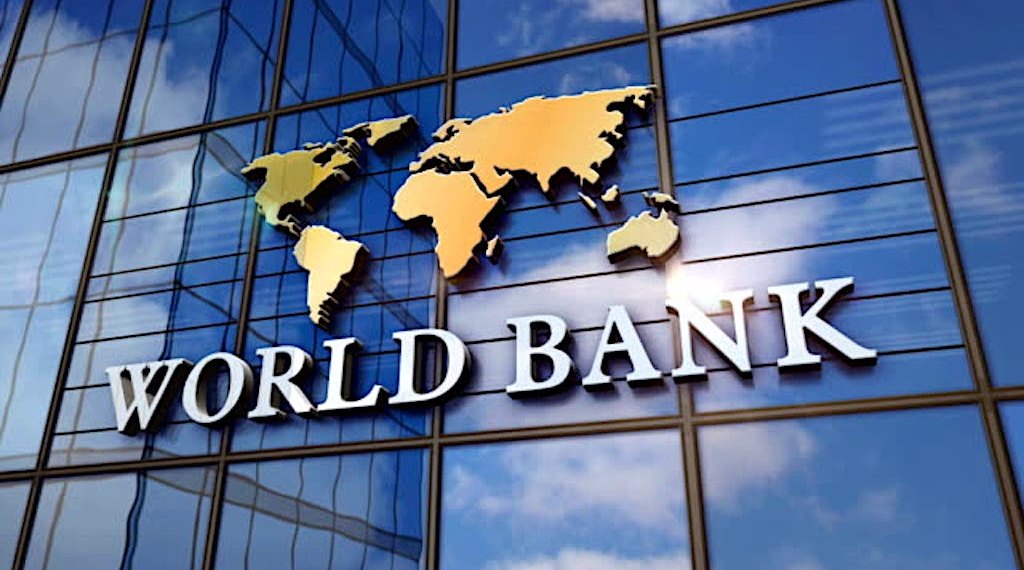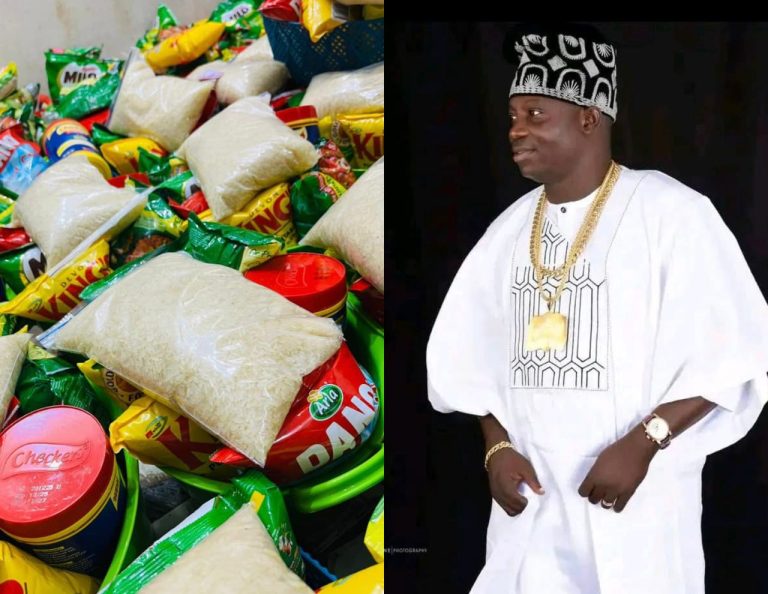
The Federal Republic of Nigeria requests World Bank approval to restructure a US$650 million loan allocated to the Nigeria Improved Child Survival Program for Human Capital (ICSPHC).
This is evident from the “Restructuring Paper” on the program, which Nairametrics has received.
The programme is a critical component of Nigeria’s broader health sector reform efforts and aims to reduce the under-five mortality rate from 132 per 1,000 births in 2018 to 79 per 1,000 by 2030.
According to the restructuring document, this request followed the mid-term evaluation of the project, which highlighted the need for strategic adjustments to achieve better alignment with the Government’s evolving approach to health sector reform, particularly in the areas of child and maternal health.
The document states: “This restructuring paper requests the approval of the Country Director to undertake a restructuring of stage two of the Immunization Plus and Malaria Progress by Accelerating Coverage and Transforming Services project (IMPACT P167156), the first phase of the Nigerian Improving Child Survival for Human Capital Programme in the Multiphase Programmatic Approach (MPA).
“This Stage 2 restructuring proposes to (a) revise the components and costs, (b) reallocate funds across disbursement categories, and (c) amend the results framework. This is the second restructuring of the IMPACT project, as it was already restructured once in July 2021 and Component 2 was revised to include funding for the construction of the Lagos Vaccination Centre.”
It added: “The proposed restructuring is based on the outcome of the October 2023 Mid-Term Review (MTR) and the agreements reached, as described in a request letter dated 26 March 2024 (reference number LF466: FMOFIER-240328), as well as extensive discussions between the Government and the World Bank on changing the Government’s approach to the health sector.”
Proposed changes
Although the project has been described as reasonably satisfactory, the proposed restructuring entails several significant changes to the project design and implementation strategy.
The Nigerian government intends to reallocate funds across the different disbursement categories, freeing up resources to expand the Basic Health Care Provision Fund (BHCPF) to more states. This expansion will improve access to basic health services, particularly in regions lagging behind on key health indicators. In addition, the government plans to revise the project’s results framework to incorporate alternative data sources such as the Multiple Indicator Cluster Surveys (MICS) to address monitoring and evaluation gaps.
The restructuring will also entail the elimination of certain activities, such as centralized procurement of long-lasting insect nets (LLINs) and other malaria products. Instead, participating States will manage their own procurement processes, ensuring timely delivery of malaria prevention supplies. This change is intended to improve the efficiency of malaria control efforts and support the overall goal of reducing the mortality rate of children under five.
In addition, the restructuring includes the addition of a new sub-component focusing on improving secondary health facilities and training facilities for health personnel.
What else you should know
Nairametrics had previously reported that the Nigerian government had asked the World Bank for a $500 million loan to support the recently approved healthcare renewal investment initiative (HSRI).
This financial commitment, according to a World Bank assessment document, is part of a broader effort to address the critical health challenges facing the country.
Nairametrics also reported that Nigeria’s debt to the World Bank increased by $1.07 billion under the government of President Bola Tinubu.
Also, Nigeria received loans from the World Bank totaling $4.95 billion under Tinubu amid concerns about the country’s rising cost of servicing its external debt.
The World Bank could approve four loan projects totaling $2 billion for Nigeria this year.
Data from the Debt Management Office (DMO) external debt report shows that Nigeria owes the World Bank a total of US$15.59 billion as of March 31, 2024.




